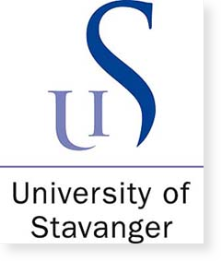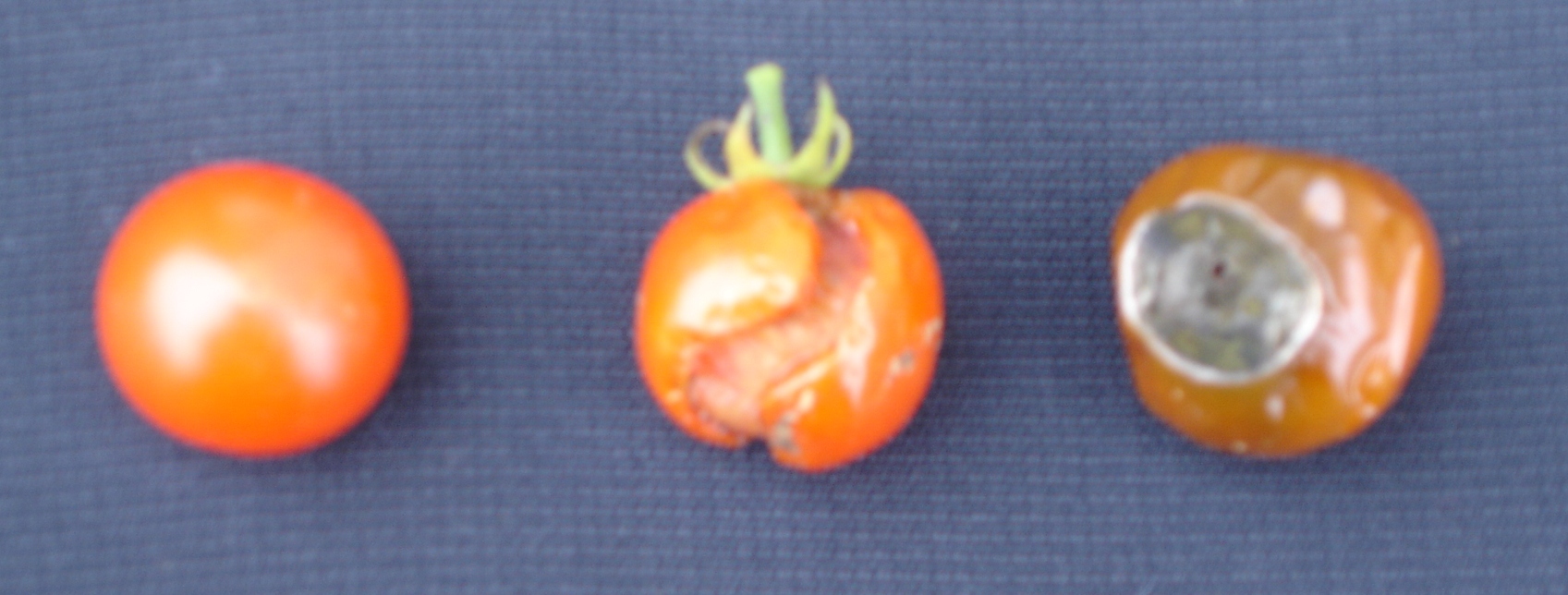 |
Peroxisome Biology of Plants and MicroalgaeResearch group by Prof. Dr. S. ReumannCentre for Organelle Research (CORE) University of Stavanger, Norway University of Hamburg (Germany) |
 |

| Research projects: | Reumann lab > Research projects > Innate immunity | |
| Bioinformatics Innate immunity Microalgae research Proteomics Stress adaptation  The model plant Arabidopsis thaliana
Apple tree leaves Flower infected by fungi  Infected Cherry tomatoes |
Peroxisome functions involved in plant innate immunityAt the molecular level our research focuses on the function of plant peroxisomes in plant innate immunity. According to intensive worldwide research activities, not only animals but also plants possess a sophisticated innate immune systems that allows most wild plants to successfully defend themselves against pathogens. Modern crops, however, have often lost major (often unknown) components of this immune system and, hence, are highly vulnerable to pathogen attack by bacteria, fungi and oomycetes. Despite intensive and notably environmentally very harmful spraying of protective chemicals (fungicides, bacteriocides), global agricultural productivity is reduced by 10-20% each year. A comprehensive understanding of the plant innate immune sytem might allow scientists to reintroduce lost components back into crop plants by natural breeding and thereby increase agricultural productivity to provide sufficient food and feed to the world population of 9 Mio. people by 2050, while protecting the environment at the same time.Recent research data by several international groups indicate that peroxisomes play a major role in plant resistance to pathogen attack. For instance, peroxisomal metabolism of hydrogen peroxide, polyamines, jasmonic, salicylic and benzoic acid have proven functions in plant innate immunity. Our group has identified a number of additional homologs of defence proteins that are located in peroxisomes. At present we are trying to elucidate their protective functions at the molecular level and assemble functional intra-peroxisomal and inter-organellar defence protein networks. |
|
|
|
 Professors of the EU FP7
Marie Curie ITN "PERFUME",
Recruitment meeting May 2013 in Groningen (The Netherlands) |
 |
|
|


